Recording
Sales and Expenses
-
Recording Sales Transactions
-
Recording Expense Transactions
-
The Importance of Accurate Recording
Recording Sales and Expenses
Two of the most frequent types of
transactions in any business are sales (money coming in) and expenses
(money going out). According to bookkeeping basics:
“Recording sales and expenses involves tracking income earned and costs incurred by the business to reflect its financial performance.”
Let’s explore how to properly record both, using real-life examples and simple explanations.
“Recording sales and expenses involves tracking income earned and costs incurred by the business to reflect its financial performance.”
Let’s explore how to properly record both, using real-life examples and simple explanations.
1. Recording Sales Transactions
Sales transactions represent the
income your business earns when you sell products or provide services. These
transactions increase both your revenue and your assets, usually in the form of
cash or accounts receivable. For example, if you make a cash sale of $1,000,
you would record a debit to Cash for $1,000 and a credit to Sales
Revenue for $1,000. If the sale is made on credit, meaning the customer
will pay later, the entry would be a debit to Accounts Receivable for $1,000
and a credit to Sales Revenue for $1,000. In both situations, your sales
revenue increases—but in one, your cash balance goes up right away, while in
the other, it creates a receivable, showing that money is owed to you.
2. Recording Expense Transactions
Expenses
are the costs your business incurs during daily operations—such as rent,
utilities, salaries, and office supplies. When you record an expense, you
increase the appropriate expense account while either reducing an asset like
cash or increasing a liability if the amount hasn’t been paid yet. For example,
when you pay rent in cash, you record a debit to Rent Expense for $500
and a credit to Cash for $500. If you
receive a bill for utilities but haven’t paid it yet, you would record a debit to Utilities Expense for $300
and a credit to Accounts Payable for $300.
This entry reflects that you’ve used a service, such as electricity, but still
owe the payment—which becomes a liability on your books.
3. The Importance of Accurate Recording
Accurately recording both sales and
expenses ensures your Profit and Loss Statement (Income Statement)
reflects the true financial performance of your business. Overstating income or
forgetting an expense can mislead decision-makers and hurt your financial
planning.
Plus, clean records help during tax season—you’ll know exactly how much you earned, how much you spent, and what deductions you can claim.
Plus, clean records help during tax season—you’ll know exactly how much you earned, how much you spent, and what deductions you can claim.
Key Takeaways
✅ Sales increase revenue and usually increase cash or
accounts receivable
✅ Expenses increase costs and usually decrease cash or increase payables
✅ Recording both accurately helps maintain reliable Profit and Loss statements
✅ Cash and credit transactions must be recorded differently
✅ Clean records = smoother tax filings and better business decisions
✅ Expenses increase costs and usually decrease cash or increase payables
✅ Recording both accurately helps maintain reliable Profit and Loss statements
✅ Cash and credit transactions must be recorded differently
✅ Clean records = smoother tax filings and better business decisions
Write your awesome label here.
Access all Accounting and Bookkeeping Courses from One Portal.
Mastering Bookkeeping and Accounting
MBA simplifies accounting, ledger management, account balancing and financial statement preparation.
QuickBooks Online For Bookkeepers
From Beginner to Expert: Master QuickBooks Online. Effortlessly Navigate, Analyze Transactions, and Unlock its Full Potential.
Xero Accounting For Bookkeepers
Learn how to use Xero, the leading online accounting software to perform most of the essential bookkeeping tasks.
ChatGpt for Bookkeepers and Accountants
Learn how to use the ChatGPT prompt toolkit to simplify daily accounting tasks for accountants and bookkeepers instantly.
Subscribe to our newsletter
Stay informed with the latest accounting tips, tools, and updates from Accountutor right in your email inbox.
Thank you!
Policy Pages
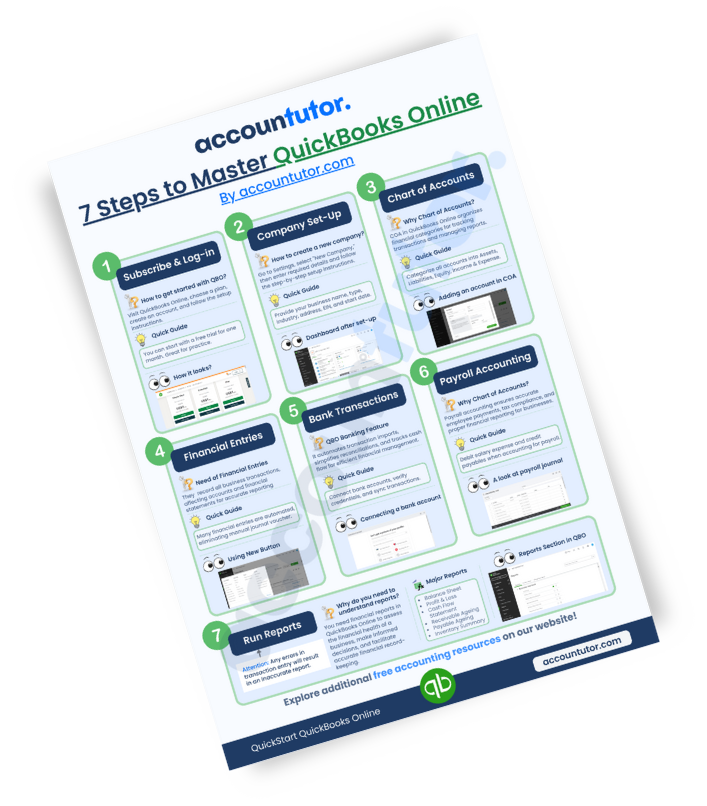
Download QuickBooks Online PDF Guide
Thank you!
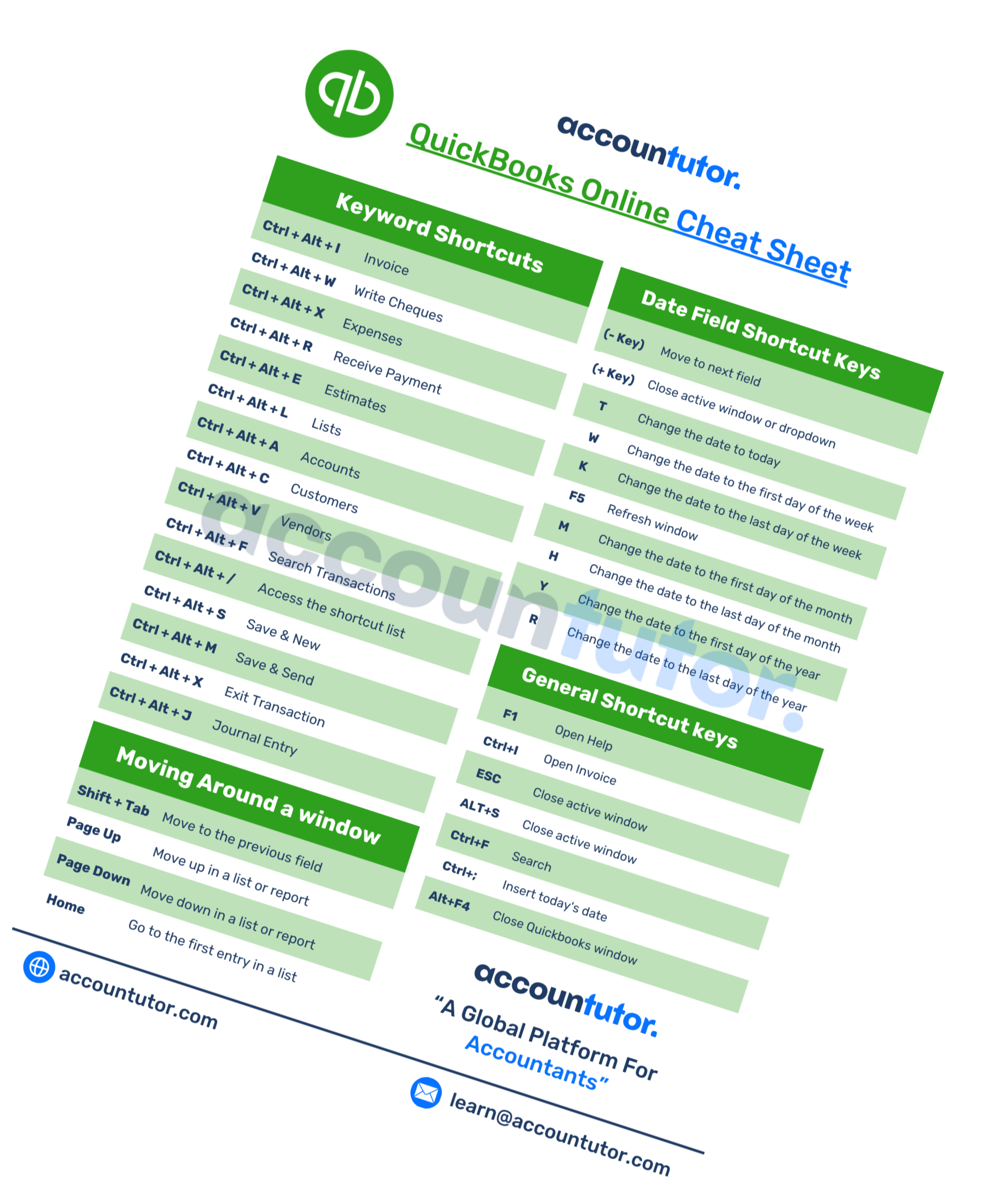
Download QuickBooks Online Cheat Sheet
Thank you!
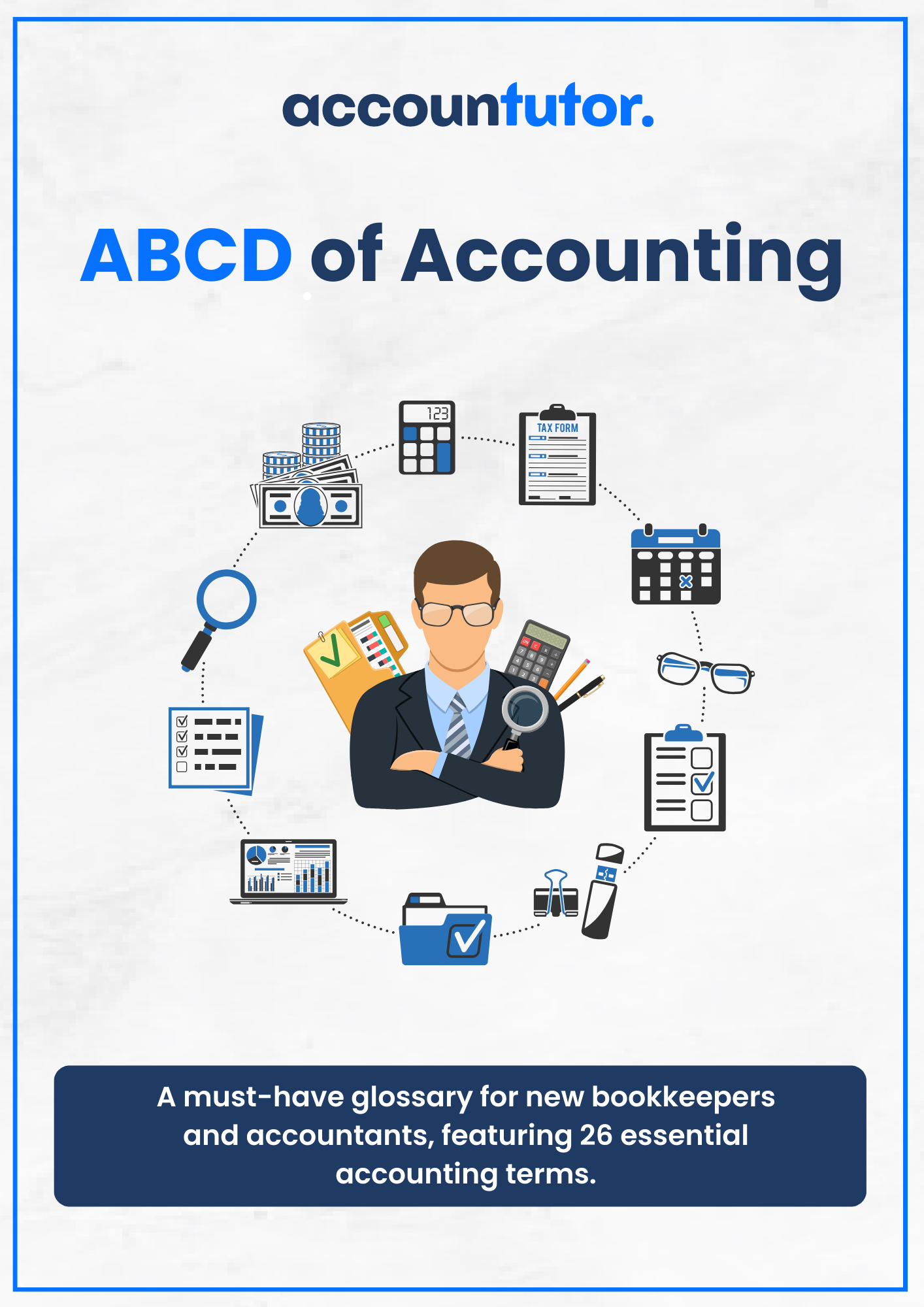
Download ABCD of Accounting
Thank you!
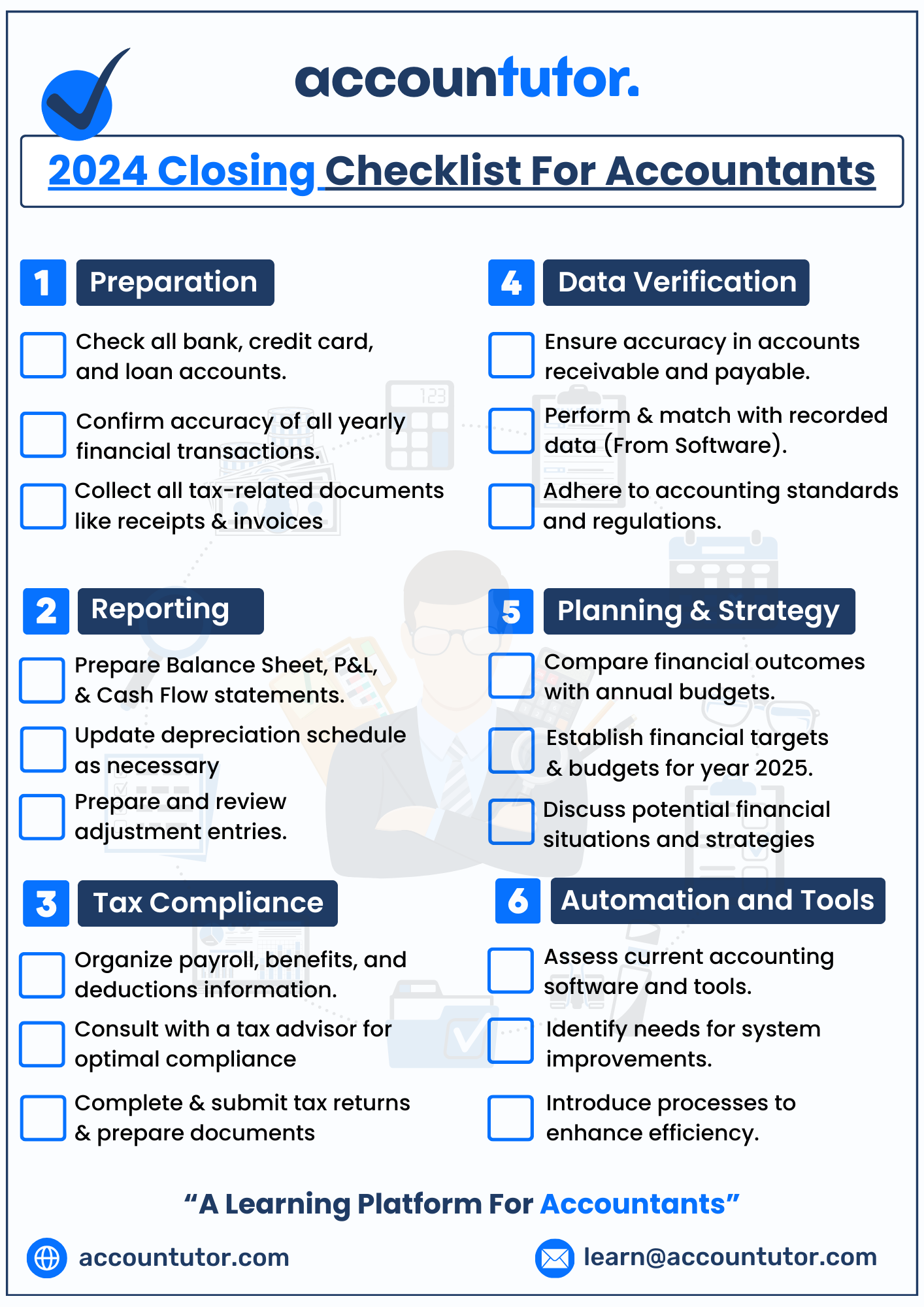
Download Checklist 2024
Thank you!
Register For Free!
Thank you!
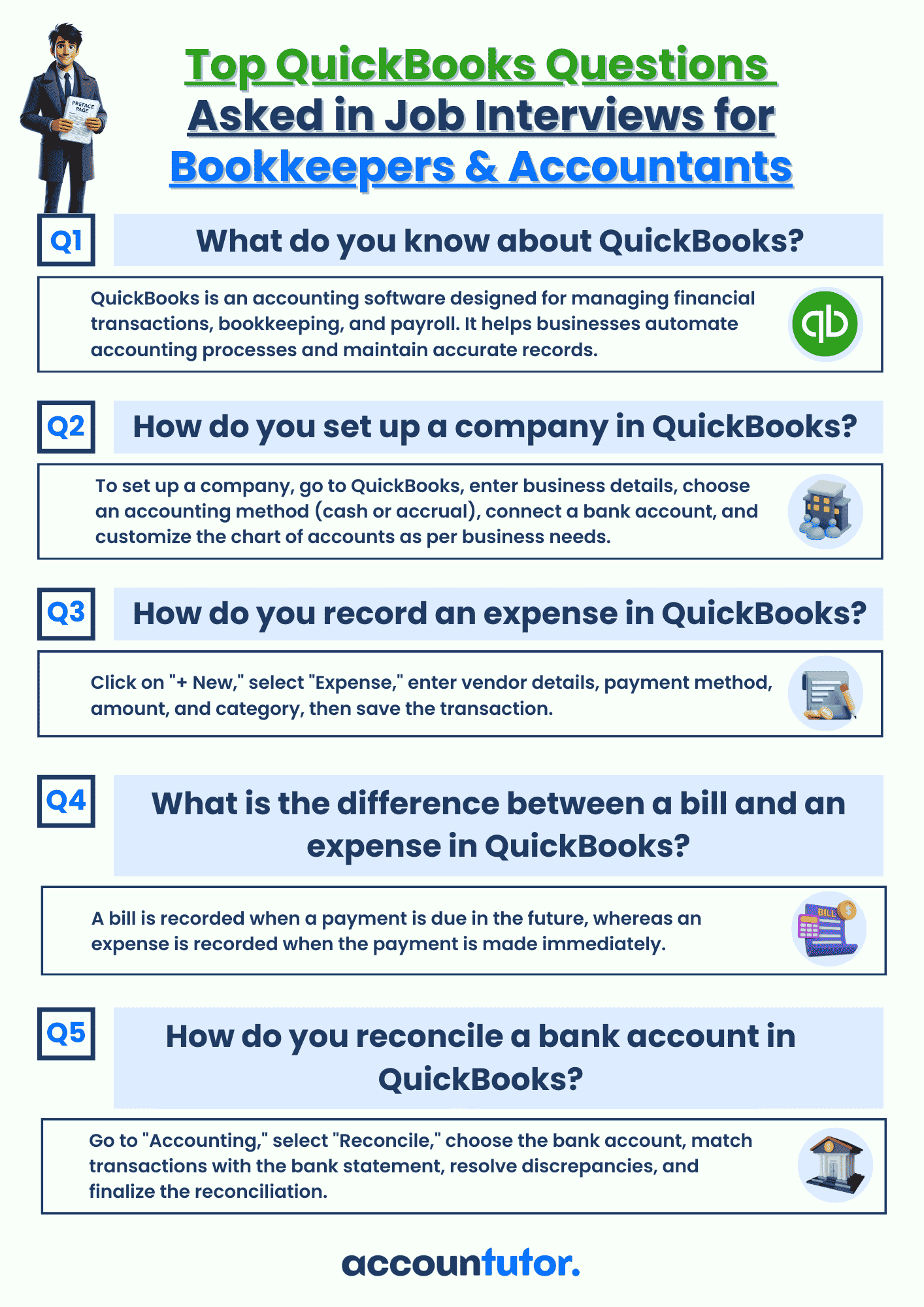
Download Interview Questions
Thank you!

